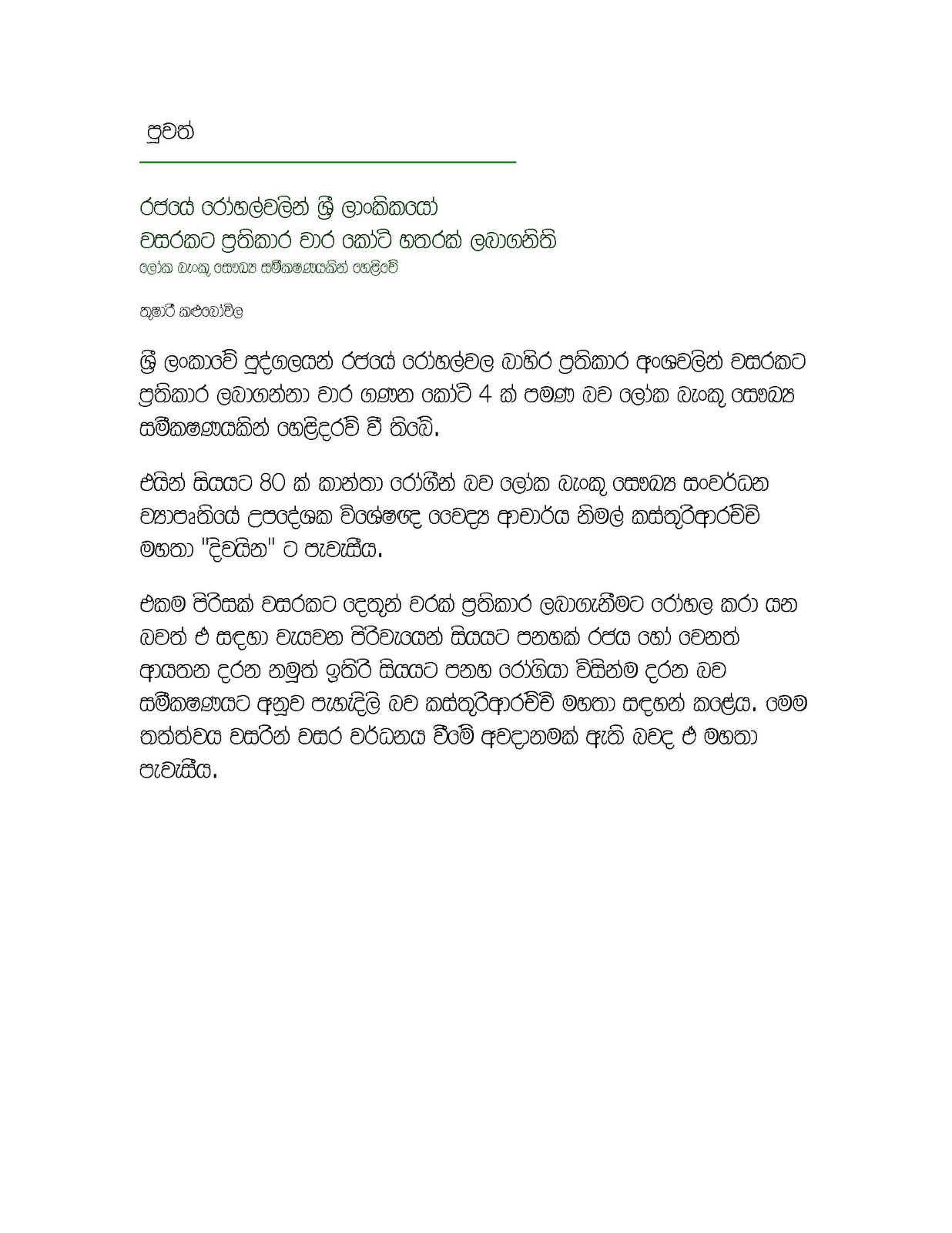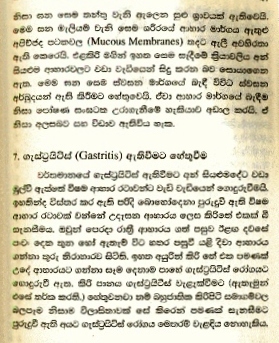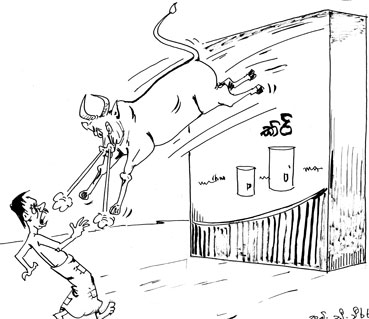
Pirith (Paritta) for Intelligent People
'Recent research in medicine, in experimental psychology and what is still called parapsychology has thrown some light on the nature of mind and its position in the world. During the last forty years the conviction has steadily grown among medical men that very many causes of diseases organic as well as functional, are directly caused by mental states. The body becomes ill because the mind controlling it either secretly wants to make it ill, or else because it is in such a state of agitation that it cannot prevent the body from sickening. Whatever its physical nature, resistance to disease is unquestionably correlated with the physiological condition of the patient.'
'Mind not only makes sick, it also cures. An optimistic patient has more chance of getting well than a patient who is worried and unhappy. The recorded instances of faith healing includes cases in which even organic diseases were cured almost instantaneously
The Power of Sound
It is believed that the vibratory sounds produced by the sonorous and mellifluous recital of the paritta suttas in their Pali verses are soothing to the nerves and induce peace and calm of mind; they also bring about harmony to the physical system.
How can bad influences springing from evil beings be counteracted by recital of paritta suttas? Bad influences are the results of evil thinking. They can, therefore, be counteracted by wholesome states of mind. One sure way of inducing a wholesome state of mind is by listening and reflecting on paritta recitals with intelligence and confidence. So great is the power of concentration that by adverting whole-heartedly to the truth contained in the paritta recitals one is able to develop a wholesome state of mind.
Kamma means action and not the result of action; therefore action can be counteracted by other action. Kamma is not something static, but is always changing, i.e., always in the making; that being so, action can be counteracted by other action. Hence bad actions on the part of the hearers of the recital may negative the beneficial effects of the recital.
If the mind of the hearer is contaminated with impure thoughts then also the intended beneficial effects of the recital may not materialize. But however impure the mind of the hearer may be if there is great confidence in the efficacy of the recital then this important factor may help to secure for him the beneficial effects of the recital.
.jpg)







































No comments:
Post a Comment